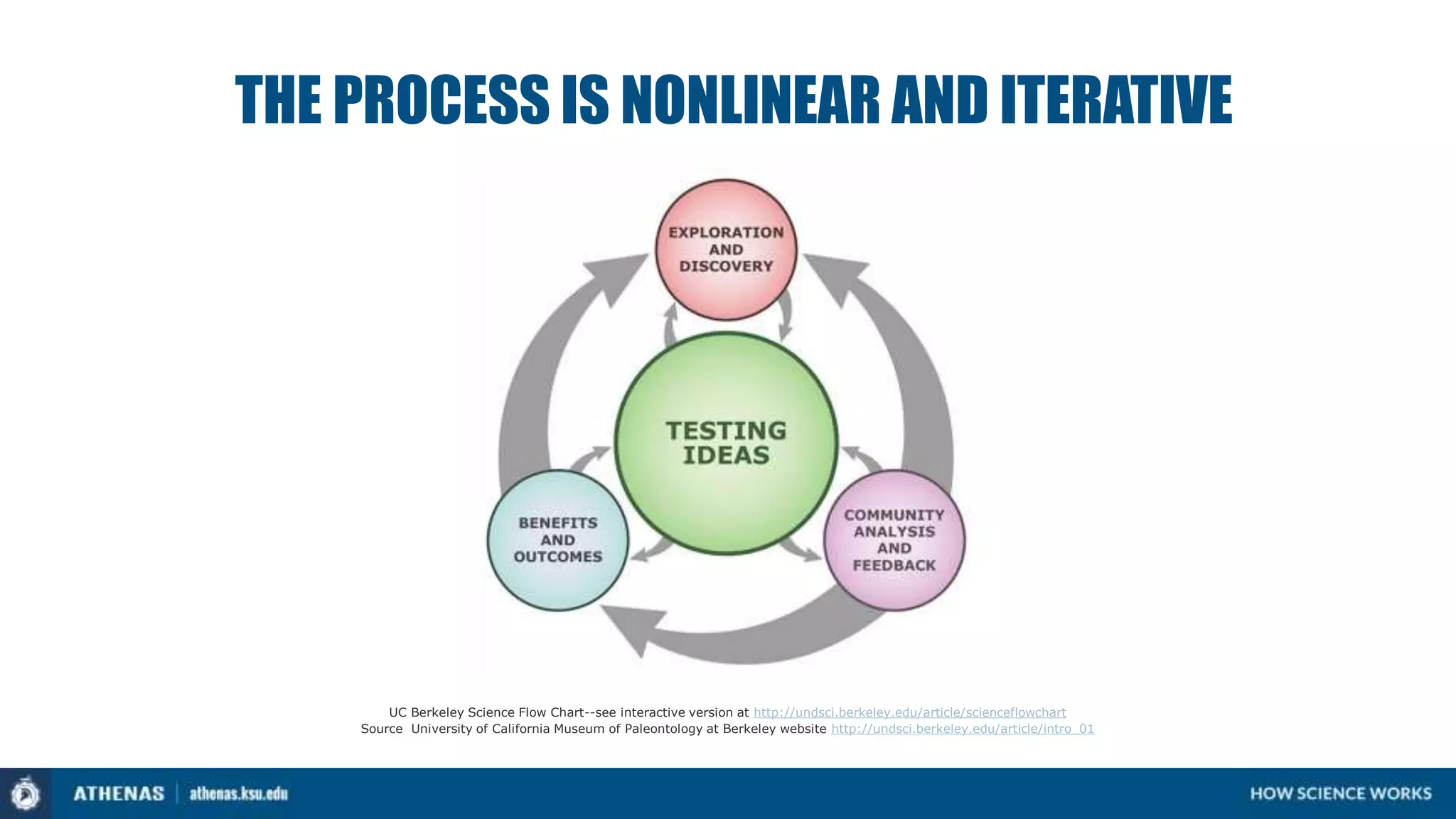Trump expect if he creates another world financial crisis he believes there will be a bailout and he believes that he and his cohort the world's wealthy will benefit from there being vastly more money in circulation with very little to use it on except the inflation in the value of the assets that they own that is what he's banking on this is literally I think his Economic Policy
for - quote - economic crashes are profitable for the elites - Trump plans to crash the global economy so that subsequent Quantitative Easing bailouts will inflate value of assets of the rich - from - Youtube - Trump wants to crash to benefit the ultra wealthy - Trump's planning to crash the global economy - Richard J Murphy - 2024, Dec
quote - economic crashes are good for the elites - Trump plans to crash the global economy so that subsequent Quantitative Easing bailouts will inflate value of assets of the rich - Trump expect if he creates another world financial crisis - he believes there will be a bailout and - he believes that he and his cohort the world's wealthy will benefit from there being vastly more money in circulation with very little to use it on except the inflation in the value of the assets that they own - That is what he's banking on - This is literally I think his Economic Policy - This is what he expects as a consequence of his trade Wars - He doesn't care that we suffer - He won't care about the countries in the developing world - the vast majority of countries in the world in fact who have their debts denominated in dollars who will suffer enormously as a result of their struggle to find the means to repay those debts - As for the time being, the dollar is inflated in value and interest rates are too high he won't care that people are thrown out of work - All he cares about is the inflation in asset values and that is what the whole of the world economy is now geared to create - for the benefit of a few - at cost to the vast majority - Trump's Economic Policy makes sense if you see it in this way - He runs a bailout economic strategy that is going to work for him and his friends because - it will result when the world economy crashes and yet more money being made available through the central banking system to inflate the value of the assets that they own - And they'll say thank you very much we did very nicely out of that when can we have another crash?
